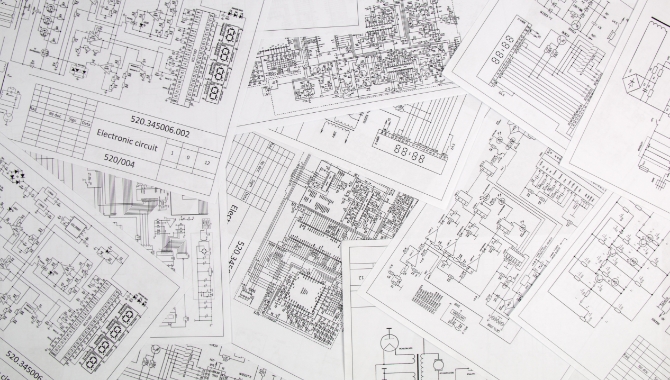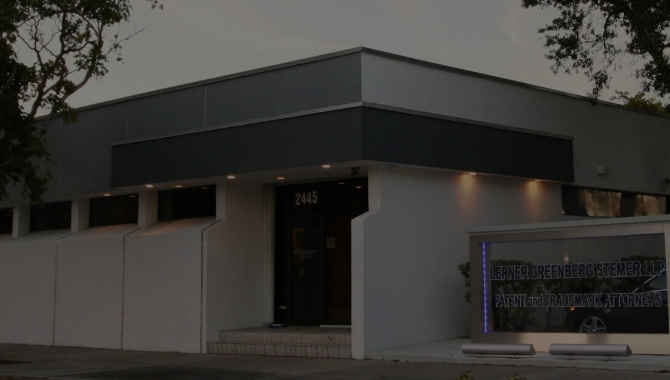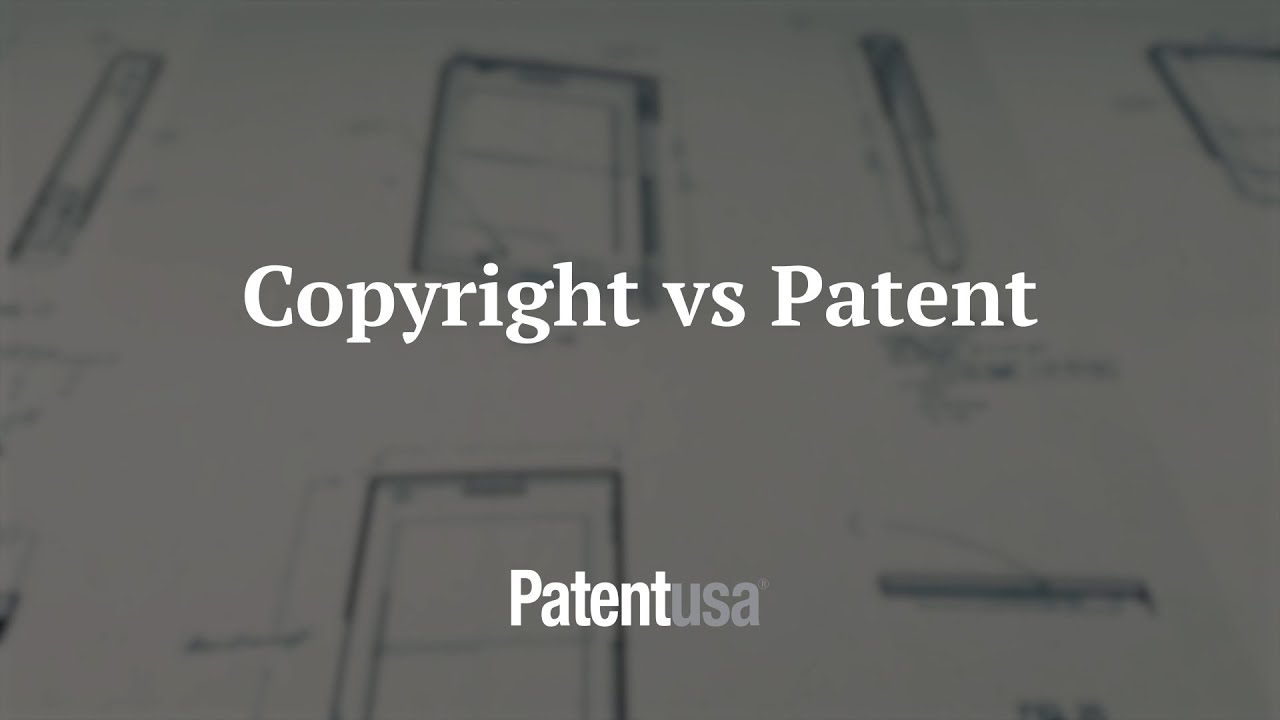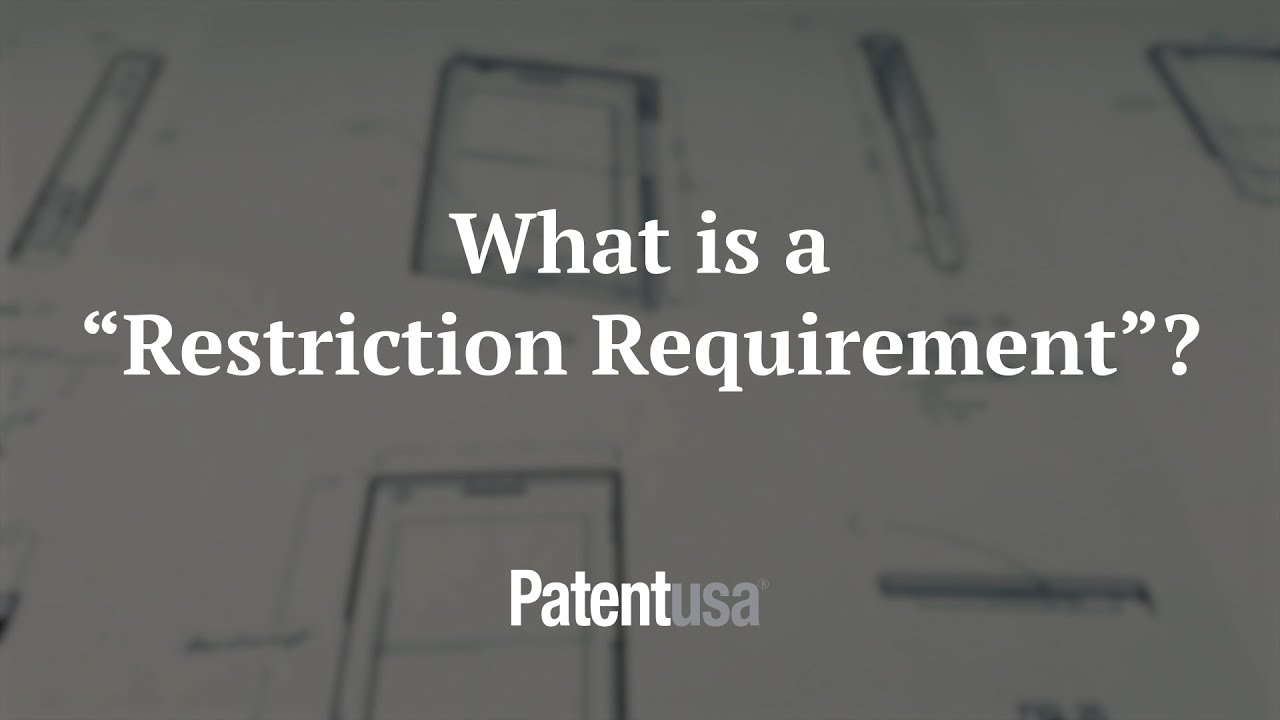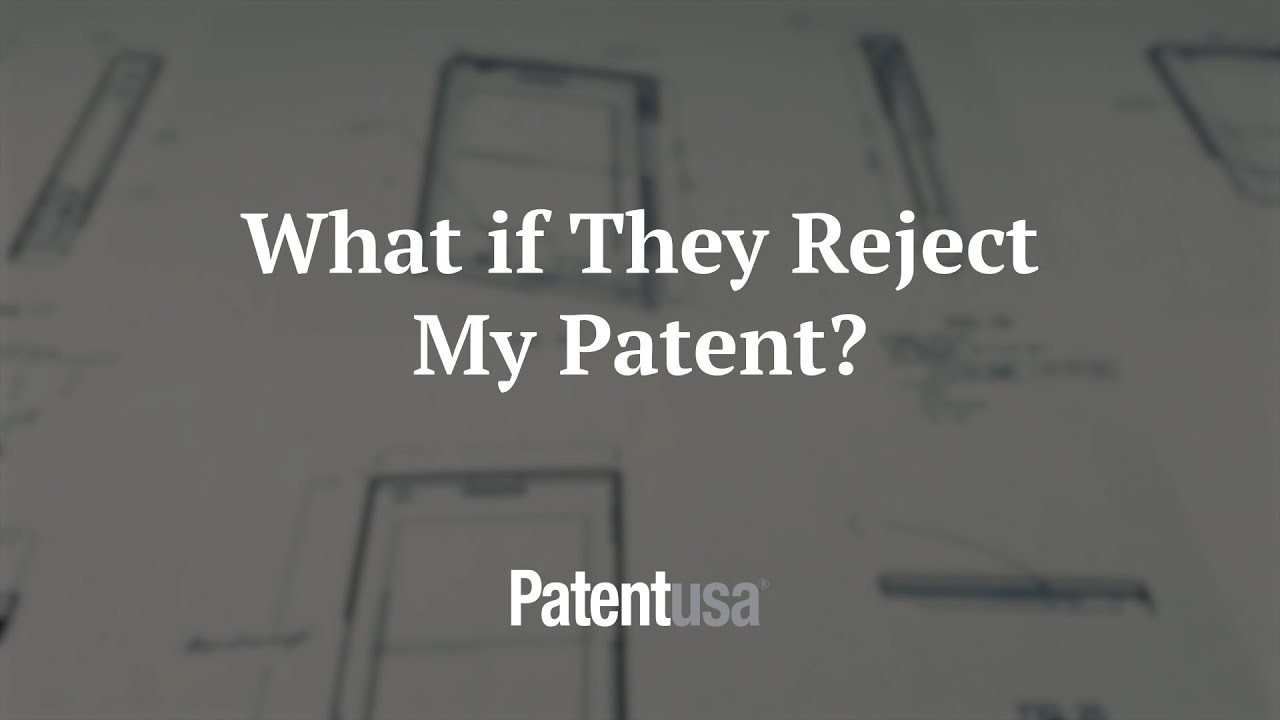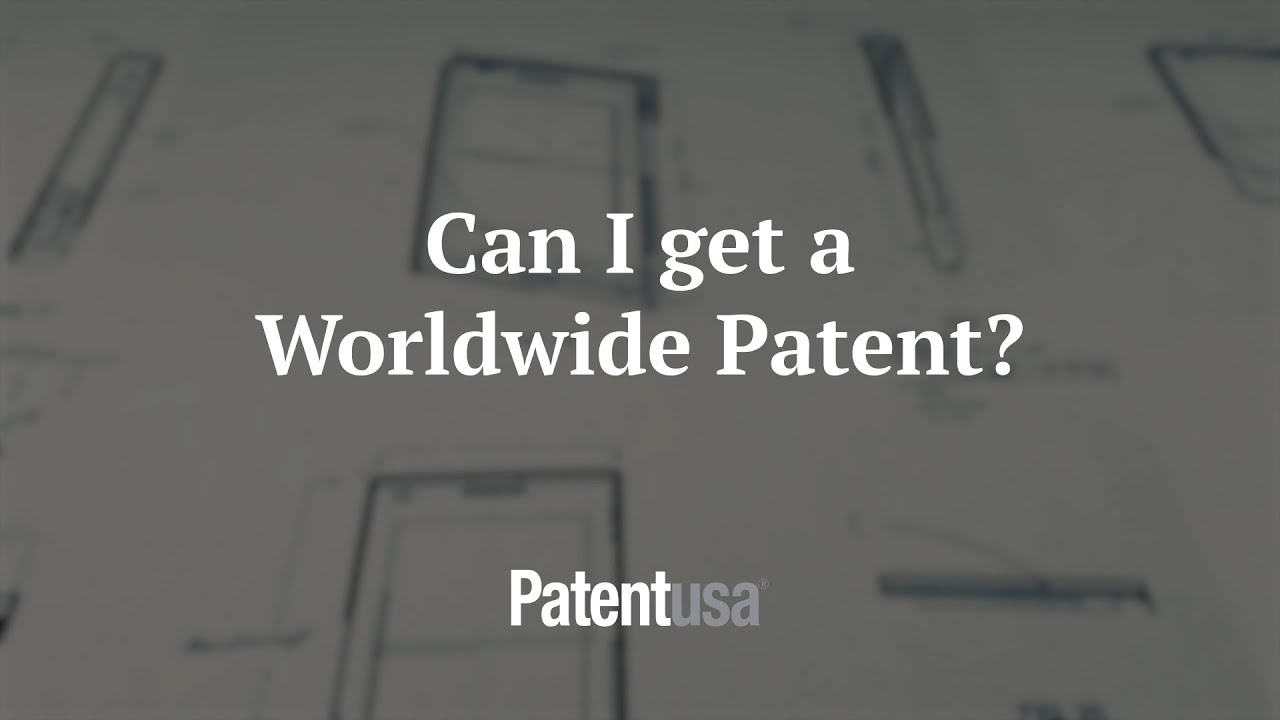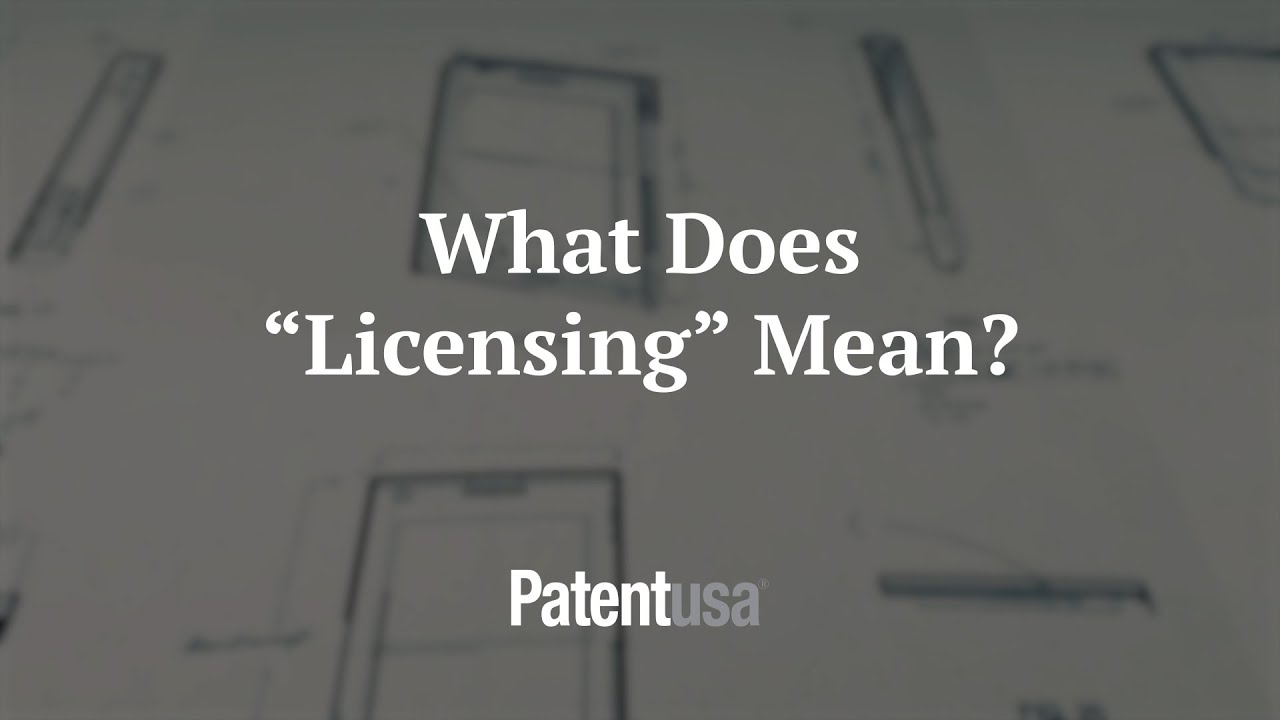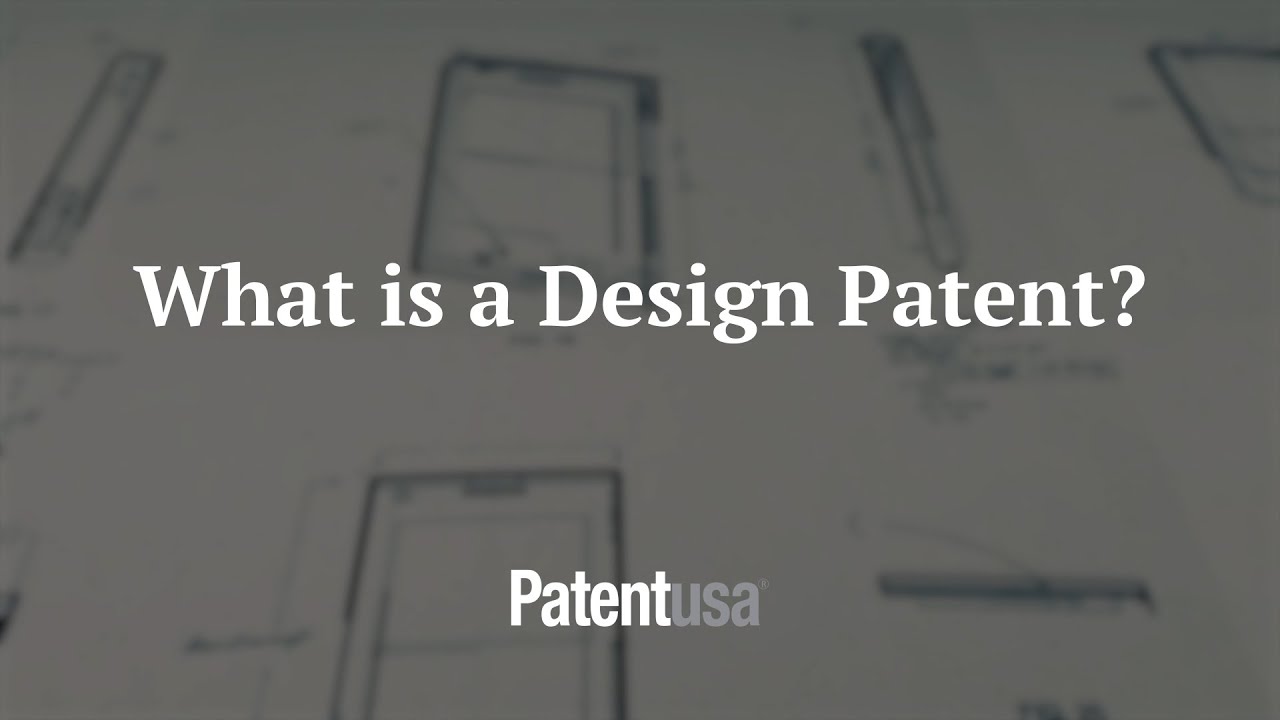Patents
Here at Lerner Greenberg Stemer, your innovative ideas are transformed into protected assets. If you’ve invented something unique or have a groundbreaking idea, it’s essential to consider the protection that a Patent can offer you.
What is a Patent?
A patent is a legal right granted by the government that allows you, and only you, to make, use, or sell your invention for a certain period of time. This means that your idea cannot be commercially used, copied, or sold by others without your consent.
Why is a Patent Important?
Securing a patent is crucial for anyone who wants to ensure that their invention remains their own. Whether you’re planning to turn your idea into a business or just want to keep your options open, a patent gives you the control to decide how your invention is used and ensures that you reap the benefits of your creativity and hard work.
How Can We Help You?
The team at Lerner Greenberg Stemer, has decades of experience in guiding inventors through the patent process. We know that navigating patent laws can be complex, but our expert team is dedicated to making the process as straightforward and understandable as possible. Here’s what we offer:
Personalized Guidance: We tailor our services to meet your individual needs, ensuring that you receive the support necessary to protect your invention.
Expertise in Patent Law: Our attorneys are seasoned experts in patent law and are committed to explaining the details in clear, accessible language.
Strategic Planning: We help you devise a strategy that not only protects your current invention but also supports your future goals and aspirations.
Your creative ideas have the potential to make a significant impact, and our goal at Lerner Greenberg Stemer is to ensure they remain uniquely yours. Contact us today to secure your intellectual property and take the first step towards safeguarding your innovation.
Patents Videos
-
Copyright vs Patent
Software can be protected by a copyright or a patent. A copyright is a form of intellectual property that protects original works of authorship in the United States and due to treaties -
What is a Restriction Requirement?
You may have seen that the first office action in a patent application is a restriction requirement or an election of species. -
What if They Reject My Patent?
One of the highlights of the U.S. Patent System is that patent applications can be continued and even changed during the examination through several iterations. -
Can I get a Worldwide Patent?
Here’s a question patent attorneys are asked often. What if I want to protect my invention all over the world? Can I get a worldwide patent? -
What Does Licensing Mean?
We are often faced with inventors who want to get a patent and strike it rich. Getting the patent is only one of many steps. -
What is a Design Patent?
A design patent is another form of protection when a utility patent is not proper due to the aesthetic appeal of the inventive subject matter.
Patents FAQ
A patent is a property right granted to an inventor to exclude others from making, using, offering for sale, or selling the invention in the U.S. or importing the invention into the U.S. for a limited time in exchange for public disclosure of the invention when the patent is granted.
You apply for a patent by submitting a detailed application to the U.S. Patent and Trademark Office, including claims that define your invention, drawings if necessary, and an abstract.
There are three types of patents: utility patents (for new processes or machines), design patents (for new, original, and ornamental designs), and plant patents (for new plant varieties).
Utility patents last for 20 years from the date of application, design patents last for 15 years from the date of grant, and plant patents last for 20 years from the date of application.
A provisional patent application allows you to secure a filing date for your invention without the need for a formal patent claim, oath or declaration, or any information disclosure (prior art) statement.
A patentable invention must be novel, non-obvious, and useful. This includes processes, machines, articles of manufacture, compositions of matter, and improvements thereof.
Laws of nature, physical phenomena, and abstract ideas cannot be patented.
Patent infringement involves making, using, selling, or offering to sell a patented invention without permission from the patent holder.
Yes, software can be patented if it meets the requirements of being novel, non-obvious, and useful, particularly if it produces a concrete, tangible, and useful result.
Patent enforcement typically involves filing a lawsuit for patent infringement. It is advisable to consult with an intellectual property attorney to pursue this legally.

